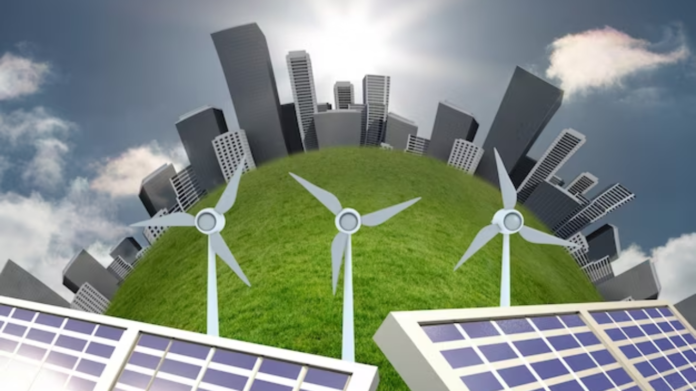Thailand’s renewable energy revolution is helping the country move closer to a sustainable future. As the urgent need to move away from fossil fuels becomes more widely acknowledged, Thailand has embraced renewable energy sources like solar and wind power to fulfil its rising energy needs. It used to rely significantly on imported fossil fuels to meet its energy demands. This dependence caused severe environmental harm in addition to making the nation subject to changes in the price of fuel on the international market. Thailand started moving in the direction of a cleaner energy system after realising the need for change.
Thailand has made remarkable progress in diversifying its energy mix and reducing its carbon footprint. The government has implemented various policies and incentives to encourage the use of renewable energy sources. Solar power has experienced rapid growth, with the country’s abundant sunshine making it an ideal choice for solar farms and rooftop installations. Additionally, wind power has gained traction, especially in the coastal regions of Thailand. The establishment of wind farms has not only contributed to clean and sustainable electricity generation but has also created job opportunities and economic growth.

The Surging Green Revolution of Renewable Energy
A number of organisations are supporting Thailand’s ambitious plan for a better future. One of the top businesses focusing on sustainable growth is TPI Polene Power Public Company Limited, which integrates the Sustainable Development Goals (SDGs) with its growth strategies and prioritises the economic, environmental, and social dimensions (ESG) based on good corporate governance in order to manage the company for the balanced benefit of all stakeholders.
The organisation is currently putting together a power purchase agreement with the Provincial Electricity Authority. In keeping with the nation’s energy management development plan, it wants to concentrate on the expansion of environmentally friendly, clean energy businesses that use solar and wind energy to generate electricity. Its most recent collaboration deal is for the development of a 61.226 MW solar power plant in the Saraburi manufacturing region.
By suggesting renewable energy power projects, the company aims to expand consistently and responsibly in the green, clean energy sector. Identifying their commitment and dedication, TPI Polene Power Public Company Limited was awarded the esteemed title of Best Green Renewable Energy Power Plant in Thailand 2023 by World Business Outlook.
In a nutshell
With the announcement of carbon neutrality for 2050 and a target of net zero greenhouse gas emissions for 2065, Thailand has significantly raised its emission reduction goals. Meeting these targets will only be achieved if the power sector reduces carbon emissions as well, because it contributes significantly to the nation’s pollutants and is essential to the decarbonisation of other sectors. Organisations are putting a foot forward to meet this goal and are driving change to achieve a clean energy transition.
Blog by Tamanna Shaikh






